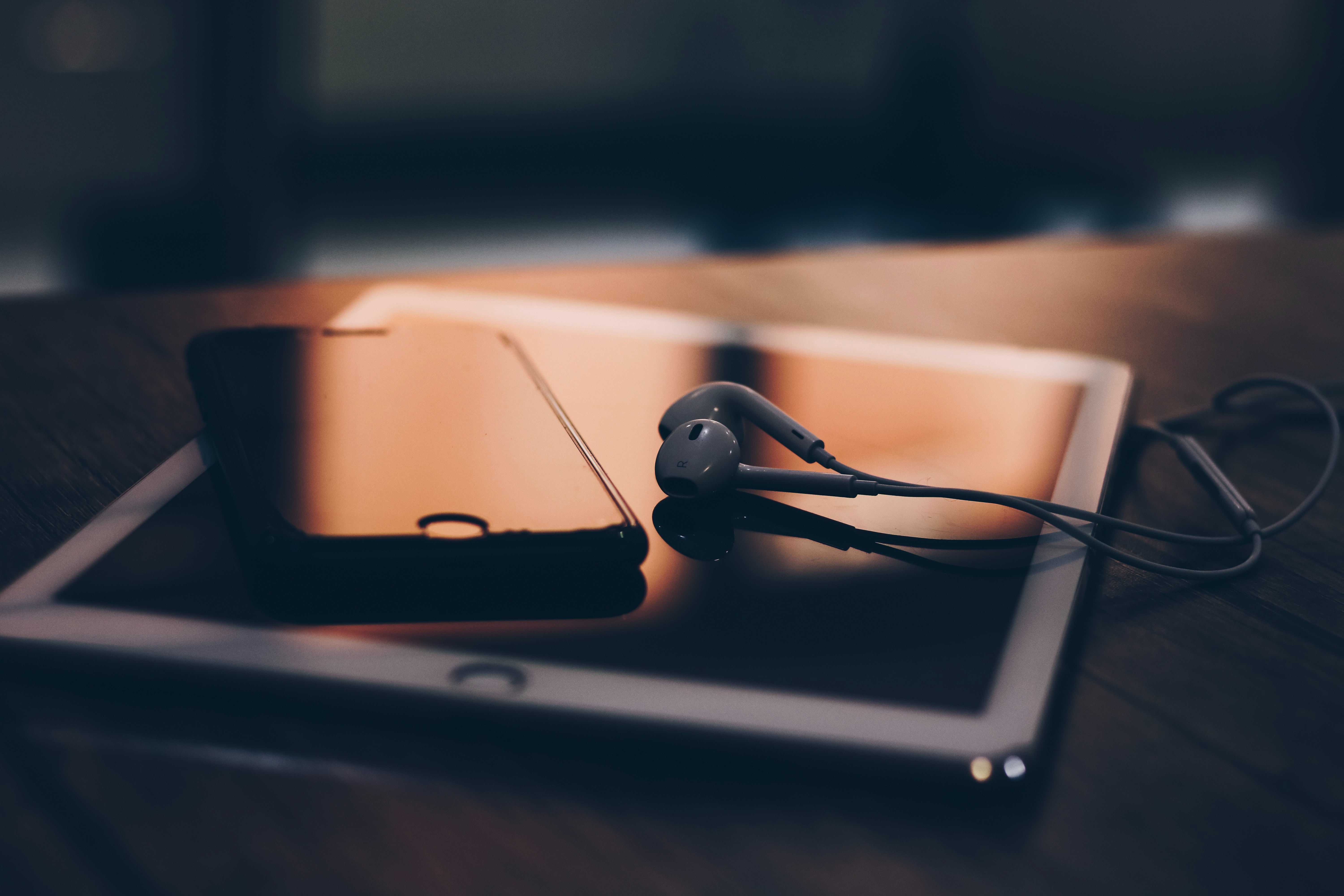Is blue light from screens hazardous to your health?
Blue light can affect the body’s natural ability to produce melatonin, which in turn disrupts your body’s sleep cycles and circadian rhythms. This can lead to decreased quality of sleep, lack of energy, headaches, and eye strain.
Binge-watching Netflix, scrolling on Instagram in bed at night, reading eBooks on your iPad, or working all day at your computer with no breaks can all lead to ill effects from blue light exposure.

Tips for reducing your exposure to blue light:
– Choose lenses for your eyeglasses with a blue light filter. Beyond Vision is proud to carry these lenses in Edmonton.
– Wear sunglasses that filter both UV rays and blue light when outdoors. The negative effects of UV rays are well documented and improper protection can lead to a sunburn on your retina.
– Limit screen time to 20 minute intervals with breaks. Set a timer on your phone, or take a break between episodes to go outside, do other activities without screen time, or rest your eyes.
– Avoid looking at blue screens in the dark. When possible, use your smartphone or computer in well-lit areas. Additionally, programs and apps can be downloaded that help filter out blue light and will change your screen to a red or yellow-ish light.
– Don’t bring your smartphone to bed with you – blue light can interfere with the body’s sleep cycles and can worsen symptoms of insomnia.
– Avoid looking at blue light for 2-3 hours before bed. Make an effort to change up your bedtime routine and spend time without screens before settling in for the night.
For more information on blue light safety, contact us.

